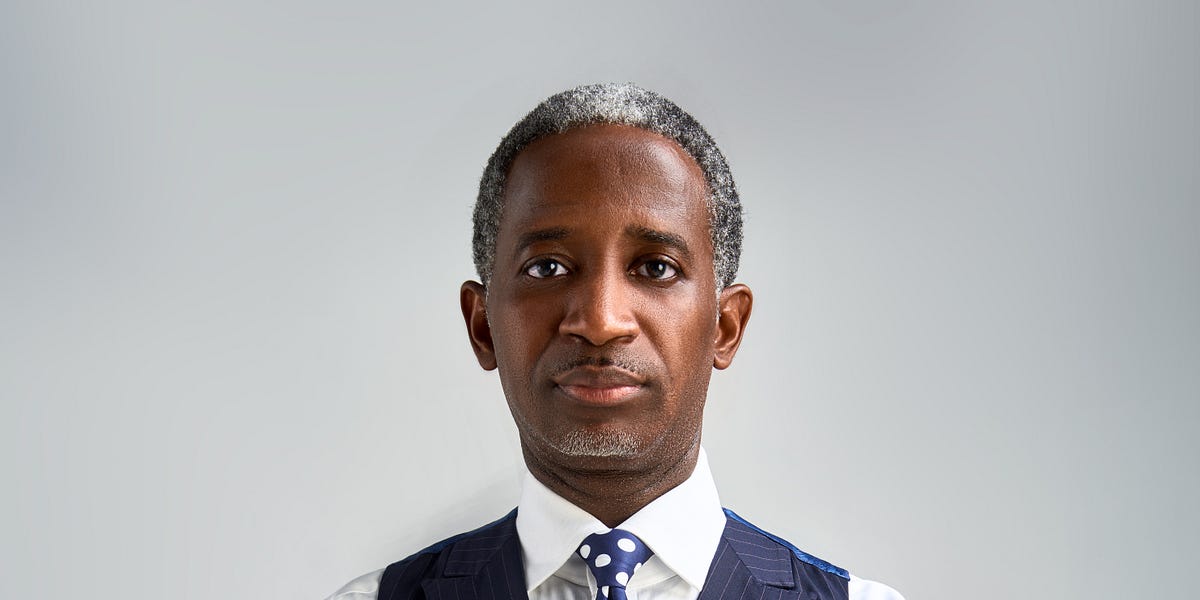In an era defined by economic headwinds and investor skepticism, a critical question confronts African entrepreneurs and founders: what does it really take to grow from a startup into a sustainable enterprise?
Kola Oyeneyin, a seasoned investor, entrepreneur, and CEO of Opportunik Global Fund, addressed this question at a recent business forum, drawing from his extensive experience in Africa’s startup and investment landscape. According to him, the conversation must begin with the realities that have shaped Nigeria’s business environment over the past few years. He explained that several developments in the last three to five years have contributed to a wave of foreign investors pulling out of the Nigerian economy.
YOU CAN ALSO READ: Nigeria Pursues $60 Million Green Energy Investment to Phase Out Diesel and Slash Carbon Emissions
To illustrate, he shared a story about a company that raised $45 million in 2020 but collapsed by 2023. The question, he said, was not about the availability of capital but about what went wrong between the fundraising and the company’s demise. He pointed to poor governance and financial recklessness. The founders were earning about $15,000 a month, and some even more, which led to an unsustainable burn rate. Lavish spending, such as flying private jets, and a lack of oversight ultimately caused the company’s downfall.
Despite these cautionary tales, Oyeneyin expressed optimism about the future of entrepreneurship in Nigeria and across Africa. He noted that there are fundamentally strong businesses on the continent, and he has had the opportunity to invest in some of them. He described one business he backed that grew from under $5 million in valuation to $3 billion. According to him, that kind of transformation is possible when the right structures and discipline are in place.
He noted that sectors like fintech remain extremely promising. While the space has already attracted significant attention, he believes it’s still early days and that vast potential remains untapped. He also spoke about manufacturing—not traditional brick-and-mortar models, but the need to modernize and digitize manufacturing processes in ways that can compete globally.
On the subject of foreign direct investment into Africa, Oyeneyin made it clear that capital is not the problem. Africa remains one of the most attractive regions in the world, but capital is looking for credible, structured opportunities. He referenced the recent visit by the U.S. president to Qatar, UAE, and Saudi Arabia, which resulted in over $5 trillion in investment commitments into the U.S. He suggested that similar proactive moves should have been taken by African leaders years ago. He mentioned that one of his global partners, Emirates NBD, told him they have more capital than they have investment opportunities and are actively seeking deals in Africa.
While the interest and funding are available, he said the key barriers are credibility, regulatory uncertainty, and character risk. Credibility risk, he emphasized, is the most serious. Investors are hesitant to back founders who do not demonstrate transparency, accountability, or ethical leadership. He stated that many investors have been burned before and are now extremely cautious—especially when it comes to large investments exceeding $10 million.
He also addressed regulatory risks, noting that for a long time it was unclear how investors could bring money into Nigeria and take it back out. That situation is beginning to improve, but the issue still looms. More concerning, he said, is the question of character. Once a founder loses credibility, it often leads to concerns about their creditworthiness and integrity. This, in turn, discourages further investment.
YOU CAN ALSO READ: Baobab+ Nigeria, LAPO Microfinance, and GreenMax in Strategic Partnership to Power Millions with Clean Energy
In closing, Oyeneyin urged African entrepreneurs, especially those in the room and others attending similar conferences, to take the issue of credibility seriously. If they can build trust and demonstrate integrity, they will find that capital is not far off. According to him, the money is there, and the investors are ready—but the question remains: are we?
Oyeneyin brings a wealth of experience to this conversation. As CEO of Opportunik Global Fund, he manages a multi-million-dollar alternative investment fund focused on Africa. He has also pioneered successful ventures like Venia Group and AutoGenius, and played a role in financing Netflix’s most successful African film, The Black Book. A Harvard alumnus and Archbishop Desmond Tutu Fellow, he continues to develop the next generation of African leaders through platforms like The Adullam Nation, KO Circle, and Believers in Business Network. Throughout his work, he remains committed to building responsible enterprises that can transform the continent.
Note: This article was developed from insights shared during a fireside chat at the 2025 Africa Technology Expo. EnterpriseCEO is not the original author but has curated the conversation to highlight key themes around startup growth, funding, leadership, and enterprise scaling.










